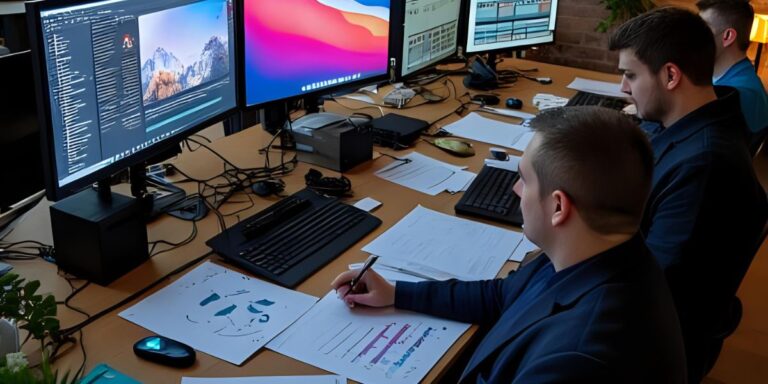The Recording Industry Association of America (RIAA) has initiated legal proceedings against two prominent AI music generator companies, Suno and Udio, accusing them of infringing on copyright laws. The lawsuits claim that both companies have used copyrighted songs and other protected materials to train their artificial intelligence models without obtaining permission from the original creators. As a result, the RIAA asserts that these AI systems are capable of producing music that closely mirrors the style and sound of established artists, violating their intellectual property rights.
The issue at the center of the lawsuit is the training of AI models, which involves feeding large datasets of music, lyrics, and other content into the system to help it “learn” the intricacies of music production. By doing so, AI generators like Suno and Udio can produce original compositions, but the RIAA argues that the use of copyrighted works in this training process undermines the rights of artists, producers, and songwriters whose work is being repurposed without consent.
In its legal filings, the RIAA contends that these AI systems are not merely producing generic music but are instead recreating distinctive elements from popular songs, including melodies, harmonies, and even vocals that resemble well-known artists. The association has argued that this constitutes an infringement on the exclusive rights granted to copyright holders, including the right to control how their music is used and distributed. Furthermore, the RIAA claims that these AI models are threatening the livelihoods of musicians by enabling unauthorized reproduction of their work at scale.
Both Suno and Udio have strongly denied the accusations and defended their use of copyrighted material as a form of “fair use,” a legal doctrine that allows for limited use of copyrighted works without permission in certain circumstances. The companies argue that their AI systems do not directly copy or reproduce copyrighted music but instead generate new, unique content that is only inspired by the existing works they analyze during training.
These legal disputes are poised to set a precedent for the intersection of AI technology and intellectual property law. If the court rules in favor of the RIAA, it could lead to stricter regulations on how AI developers utilize copyrighted content to train their systems. On the other hand, if Suno and Udio prevail, it could pave the way for more expansive use of AI in creative fields like music production, without the need to seek permission for each piece of content used in training.
As the case progresses, both the music industry and the AI sector will closely monitor the developments, as the outcome may reshape the future of how artificial intelligence interacts with artistic works.


